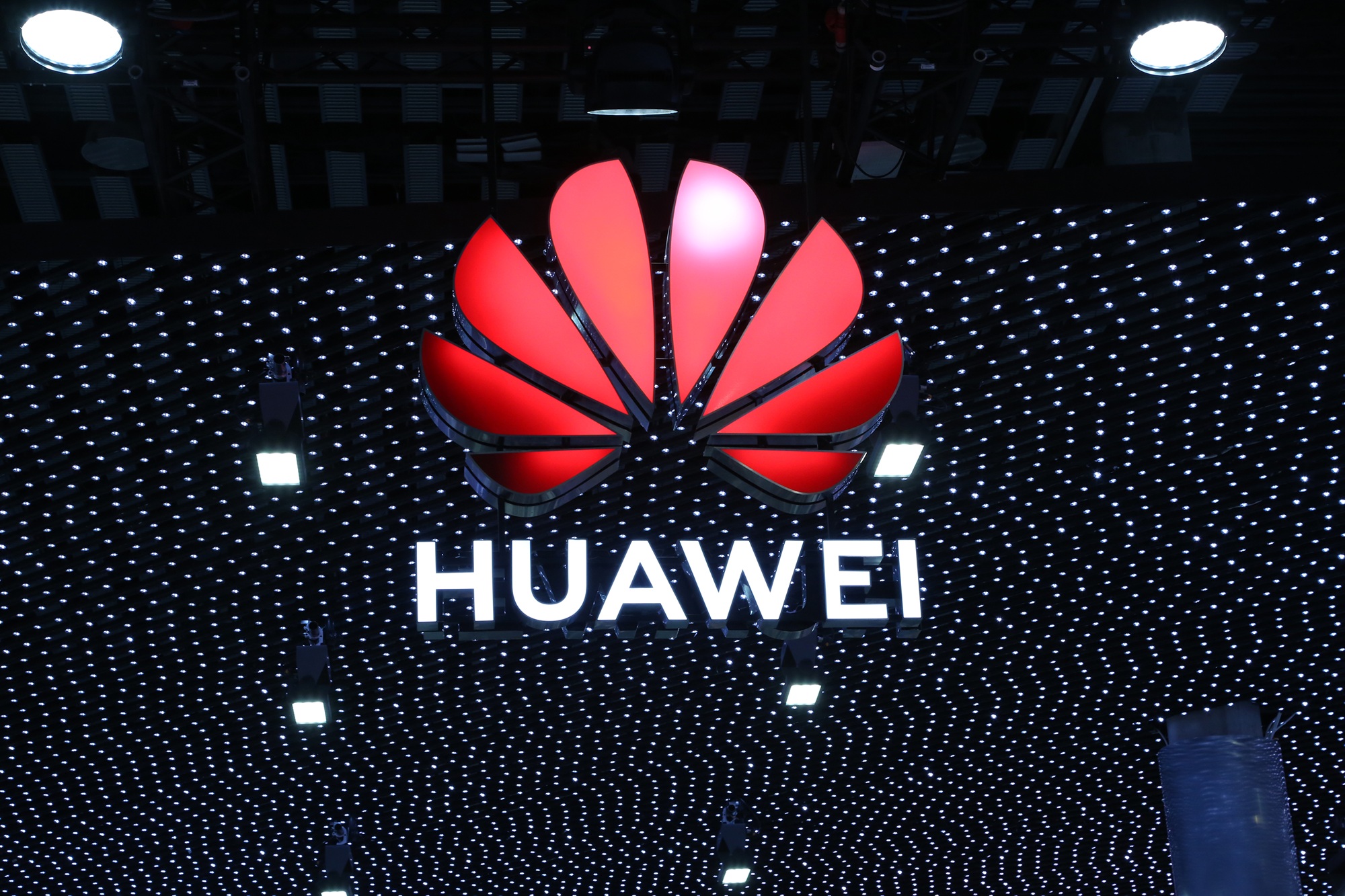A minister from Mario Draghi’s government did not show up at a Huawei-centric event at the eleventh hour, in line with the PM’s declared “European, Atlanticist” approach to digital transformation
Following up on prime minister Mario Draghi’s clear-cut geopolitical stance, which upholds Europeanism and Atlanticism, the Italian government put some distance between itself and the Chinese state-backed telecoms giant Huawei.
Key political figures were scheduled to appear at a Huawei-centric event, including Mariastella Gelmini, minister for regional affairs, who ended up not attending at the eleventh hour. The same happened with institutional actors such as Nunzia Ciardi, director of the postal police (which handles crimes involving the internet), and Antonello Giacomelli, member of the communications regulation authority.
That event, held on Tuesday, was intended to present Huawei’s new Rome-based “Cyber Security Transparency Center.” Such centres are intended to contrast the cybersecurity fears that have been voiced by several Western powers, including the EU and Italy.
Washington suspects Huawei and ZTE equipment (such as 5G tech) to be a vehicle for cyber espionage, an accusation that the Chinese companies vehemently rejects. But the matter is also part of the wider US-China political-economic confrontation, which has repercussions in the rest of the West.
By means of deploying these Transparency Centres (another one sprouted in Brussels in 2019), Huawei intends to quell Western suspicions by opening up its inner workings to Western powers, making its tech available for scrutiny and additional certifications. That, however, is unlikely to work.
One of the key issues is enshrined in Chinese law; more specifically, the National Security and the Cyber Security Laws. These give the state (i.e., the Chinese communist party) direct authority over the security-sensible assets held by Chinese companies. Meaning that, should Beijing request any kind of data (including foreign data), Huawei would be obliged to hand it over.
This issue lies at the centre of the cases against Huawei and ZTE made by the US and COPASIR, the Italian parliamentary committee for the security of the Republic. The EU refrained from a US-style blanket ban, but it is considering extremely strict measures as part of its 5G Security Toolbox, which experts say are targeted at the Chinese companies.
The issue is obviously charged with geopolitical significance. Which is why the last-minute withdrawal of those institutional figures from the Huawei event’s guest list is significative. It is also reminiscent of the words by Vittorio Colao, minister for the digital transition, who said that Italy’s “digital transition, [intended] as competitive and geostrategic industrial strategy” must be “clearly European and Atlanticist,” as he presented it to the Senate last week.
Huawei’s declared drive throughout the event was that of “favouring Italy’s digital transition,” in the words of John Suffolk, Huawei’s global cybersecurity and privacy officer. He lamented the lack of a global security certification, which caused a “East-West” perceived technological decoupling. “[Europe’s] objective must be maximising the value of digitalisation – or our international competitors will do that instead,” he warned.
But “5G technology alone isn’t enough to make the transformation,” in the words of Luigi De Vecchis, president of Huawei Italia. He’s right, of course: 5G is a mere part of a wide-ranging series of developments, to be boosted by the €40 billion from the Next Generation EU fund that have been earmarked for the country’s digital transition.
It’s not unthinkable for Huawei to have its eyes set on a part of that dizzying sum, which would help the local diffusion of its technology (which also brings a dash of technological dependence from Beijing) and promote the worth of Beijing’s tech. Which could well happen, given the prowess and very reasonable (i.e., state-sponsored) cost of Huawei tech. Unless Mr Draghi’s government sticks to its European-Atlanticist guns.
These events mark a decisive change in the approach to Chinese 5G, as Italy’s former government, led by Giuseppe Conte, was less reluctant in that regard. A December 2020 ZTE event and an earlier event on 5G, which was sponsored by both ZTE and Huawei, saw the participation of several governmental and institutional figures.








